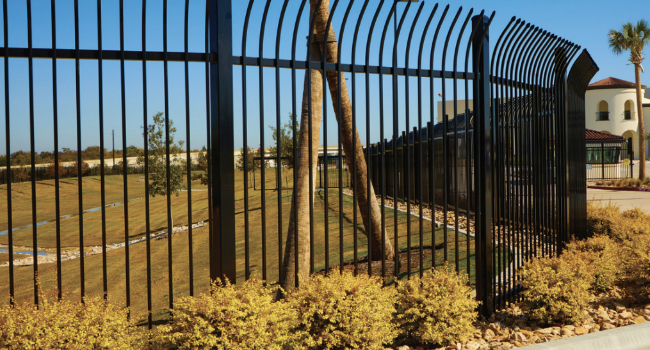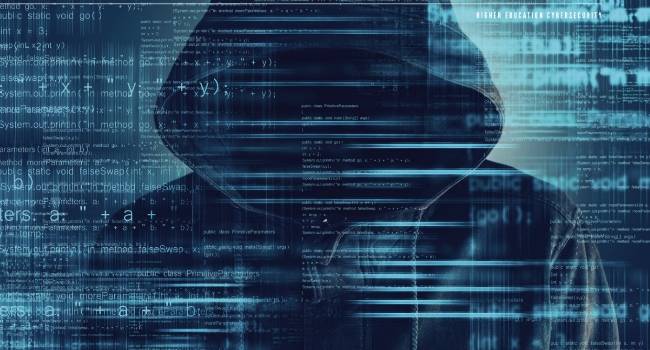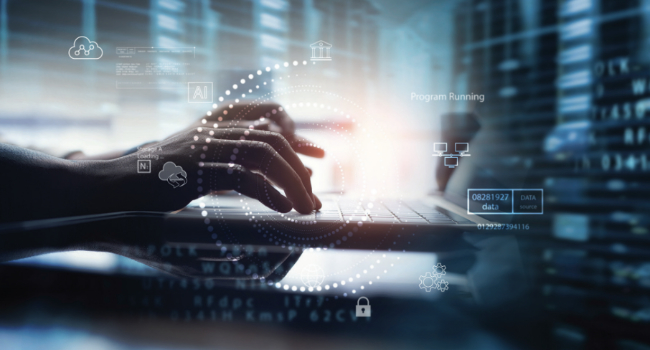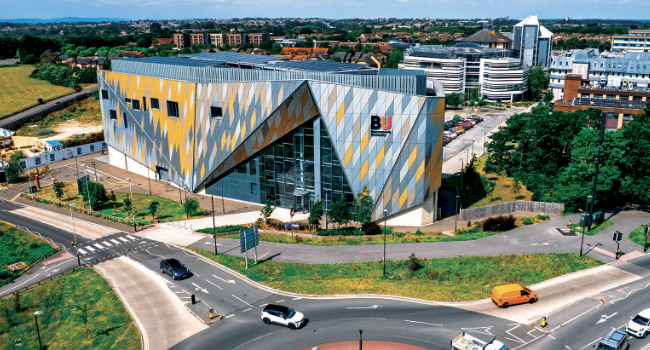
By Eric Kell
Enhanced stadium security helps ensure the safety of participants, staff and visitors. It can also be a vital investment in ongoing event attendance. According to the National Center for Spectator Sports Safety and Security, 69.3% of eventgoers factor in security when making the decision to attend a stadium event.

By Irving Bruckstein
In the aftermath of a ransomware attack, Washington College stood at a crossroads — its legacy defined by centuries of academic excellence, but its digital infrastructure revealing the fragile underbelly of modern campus operations.

By Bob Fishtrom
Established in 1901 in the heart of Silicon Valley, the Mountain View Los Altos High School District (MVLA) serves 4,400 students across the cities of Mountain View, Los Altos, and Los Altos Hills. It houses two award-winning high school campuses commonly ranked in the top 1 percent nationally; it also hosts a continuation high school, an adult education campus, an alternative academy for arts and technology, and a nontraditional high school program held at an innovation center.

By Bob Shanes
Much of the evolution in emergency response is being driven by cloud-connected video security solutions that enable instant information sharing across organizational boundaries. Significant investments in national and local data infrastructure, robust fiber networks, and high-bandwidth 5G wireless connectivity have also helped build a foundation for this transformation.

By Michael Peveler
Healthcare facilities are often regarded as sanctuaries of care and healing, yet they are increasingly becoming hotspots for workplace violence. Nurses, physicians, technicians, and support staff face threats ranging from verbal abuse to physical assault with alarming frequency. According to the Occupational Safety and Health Administration (OSHA), healthcare workers are four times more likely to suffer workplace violence injuries than workers in private industry overall. This grim reality not only jeopardizes staff safety but can also disrupt patient care, erode morale, and increase turnover — a cascading risk for an industry already grappling with labor shortages.
By Brent Dirks
In the ever-changing world of school security, it can sometimes be hard for administrators to keep up with best practices and more. That’s why the Partner Alliance for Safer Schools (PASS) and its School Safety and Security Guidelines are so helpful for anyone looking to improve K-12 school security.

By Dean Cunningham
Securing large, open areas like college campuses or healthcare facilities is no easy task, and campus security teams often find themselves under the microscope. Fortunately, advancements in security technology have put valuable new tools in the hands of security professionals, granting them greater visibility throughout their environments and providing more accurate information than ever. Advancements in video analytics, body-worn devices, and other security technology has changed how many campuses approach security—as well as how they work with law enforcement.